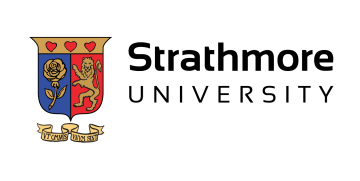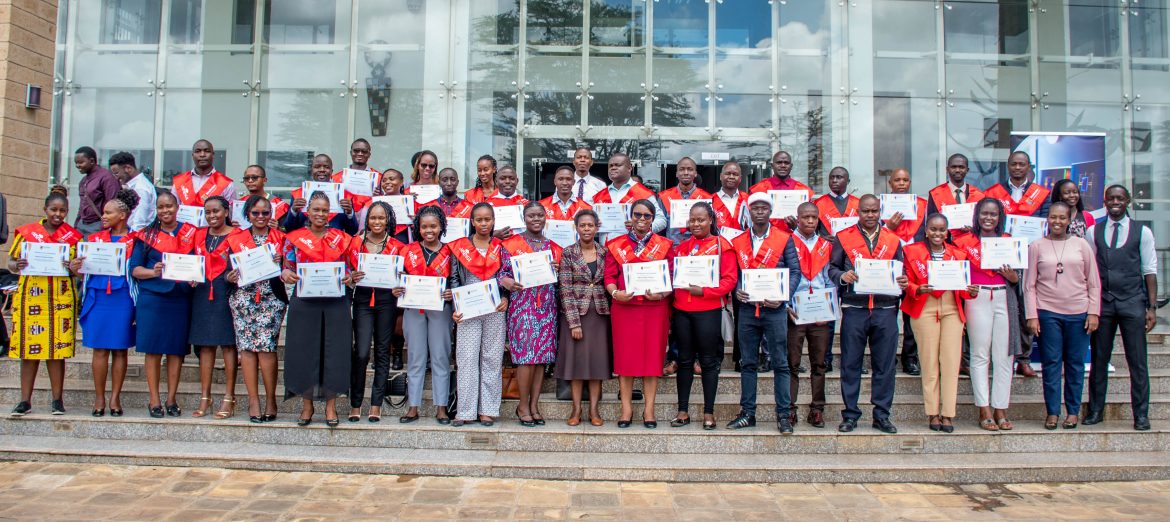Msingi, Strathmore University (Kenya)

Msingi, Strathmore University (Kenya) is the Third-Place Prize winner of the 2024 MacJannet Prize for Global Citizenship. The Msingi (Swahili for foundation) program was established in 2012, with phase one of the intervention dubbed Macheo (Swahili for sunrise). The aim was to foster the holistic development of secondary students from slums in Nairobi in order to increase their transition to tertiary education. This was done through the engagement of teachers, students and parents in fostering excellence at individual and communal level. The Macheo concept was inspired by the Chicago Metro-Mentor initiative, through engagement with US volunteer, Mrs Teresa Bowman. Macheo’s approach was tri-fold; extra academic tuition, character development sessions and exposure through excursion for 25 secondary students from Kibera slums. To foster exposure, the program was run on the university campus so as to shift the attitude and belief of the students concerning access and learning in a university.
“Thank you Talloires Network of Engaged Universities for recognizing our commitment to service to society. This award is only possible because of our students who remain actively dedicated to investing their time and skills in many vulnerable members of our community. This award is a huge stamp of approval for us and the work we are committed to doing. As a university, Strathmore has embodied being of service to society as a way of life. We encourage many more young people to be actively involved in transforming societies around them. Whoop whoop, we stand tall and remain counted. We will continue serving society with hearts of compassion and diligence.”
– Michael Babu, Manager of Community Service Centre

In 5 years Macheo had grown to 7 schools, supporting 150 students annually from three slums in Nairobi; Kibera, Mukuru and Kangemi. In its 5th year, the program managed to have two students from the slums join Strathmore University on scholarship. Following its success, Macheo inspired the creation of Project Tai (Swahili for Eagle) in 2019. This was an in-school program reaching 5,000 students annually from 10 schools in rural Kenya, Kitui County. The focus was to build centres of excellence through engagement of students, staff and parents by capacity building them through mentoring for students and training for parents and teachers. The two interventions, Macheo and Tai, led to the creation of the e-msingi platform. The online platform aims to capture and avail best practices we have documented over the 12 years of intervention. E-msingi provides content on subject matter, parental engagement, guidance and counselling support, life skills and pedagogical content to schools in Kenya and Africa at large.

Between 2009 and 2019, the youth population in Kenya increased from 11,089,518 to 13,177,600. Unfortunately, for the past 3 years, less than 22% of the +800,000 students who sit for their final exams annually did not qualify to transition to university. Therefore, it is no surprise that the crime rate in Kenya increased by 8.4% in 2022. Further pregnancy among Kenyan adolescent girls is a complex and “multidimensional” social and public health issue. Data suggest approximately 1 in 5 girls between 15 and 19 years is either pregnant or already a mother; this age-group accounts for 14% of all births in Kenya. With the age bracket being predominantly high school going girls, the need for intervention was evident. Therefore, cognizant of the disparities that lead to lack of access to quality education in sub-Saharan Africa; lack of educational materials and infrastructure, student mental health issues, teacher inadequacies in pedagogy and in handling emerging issues, and disconnection between parents and learners; we sought to curb individual sabotage by learners due to compromised attitudes and beliefs as a result of their environment. For example, the Head-Heart-Hand model is inspired by books, Alive to the World, which are used in England and Venezuela. The Head (information)-Heart (Belief)-Hands (Action) model champions for not only learning, but personal transformation through the use of stories; the model allows for contextualization and is scalable through technology.
These programs are run by the Community Service Centre, which is mandated to spearhead outreach interventions for the university. Strathmore students are lead implementers, working as content creators and peer mentors to high school students. Strathmore staff, both faculty and administrators, participate as experts in various focus areas such psychology, research, parental engagement and teacher training to ensure quality is ascertained. Strathmore Alumni are always encouraged and invited to participate so that they can offer industry experience in the mentoring process. Lastly, partners are engaged to ensure that we increase local capacities to expand the intervention beyond the limitations of the university. Learn more.